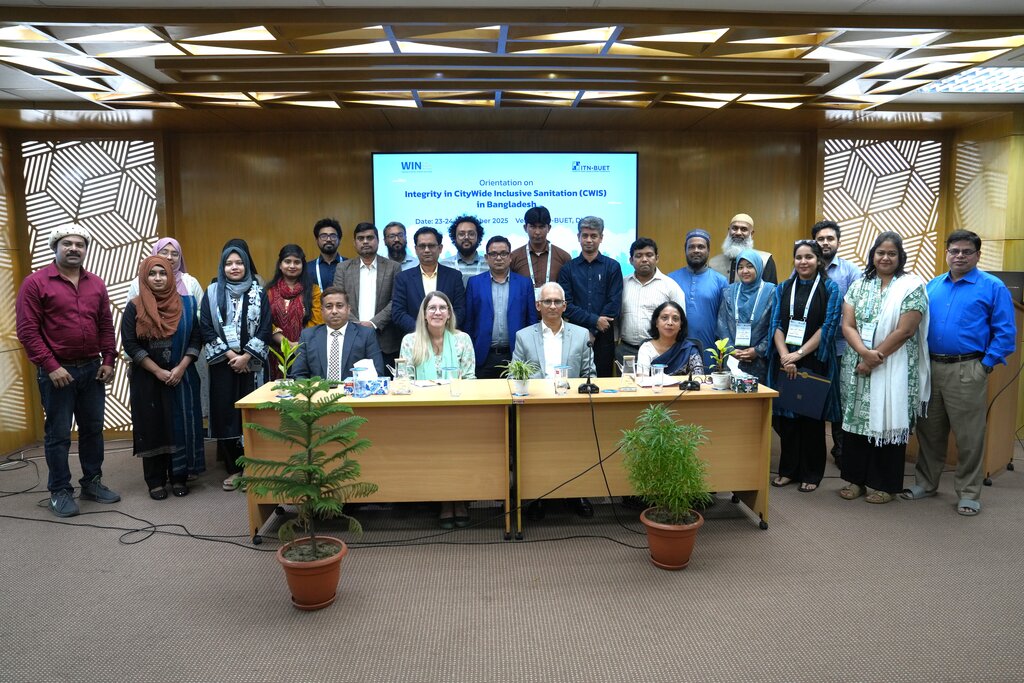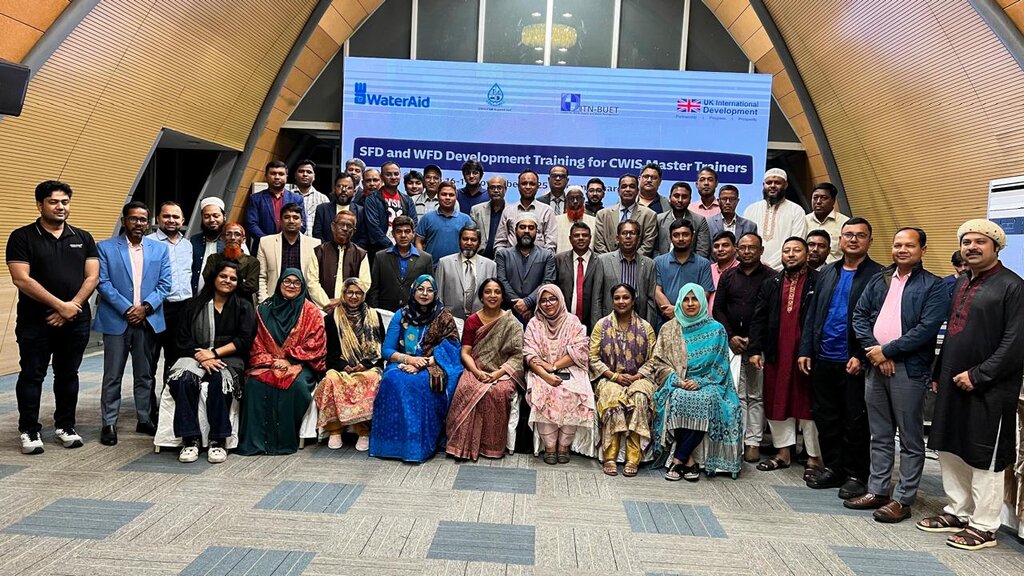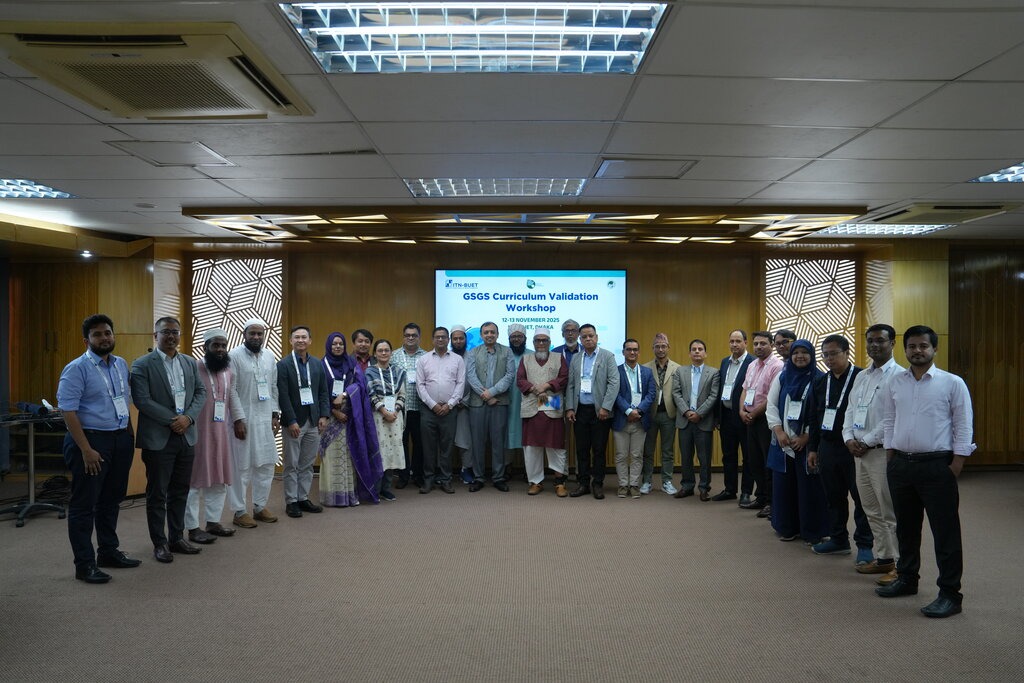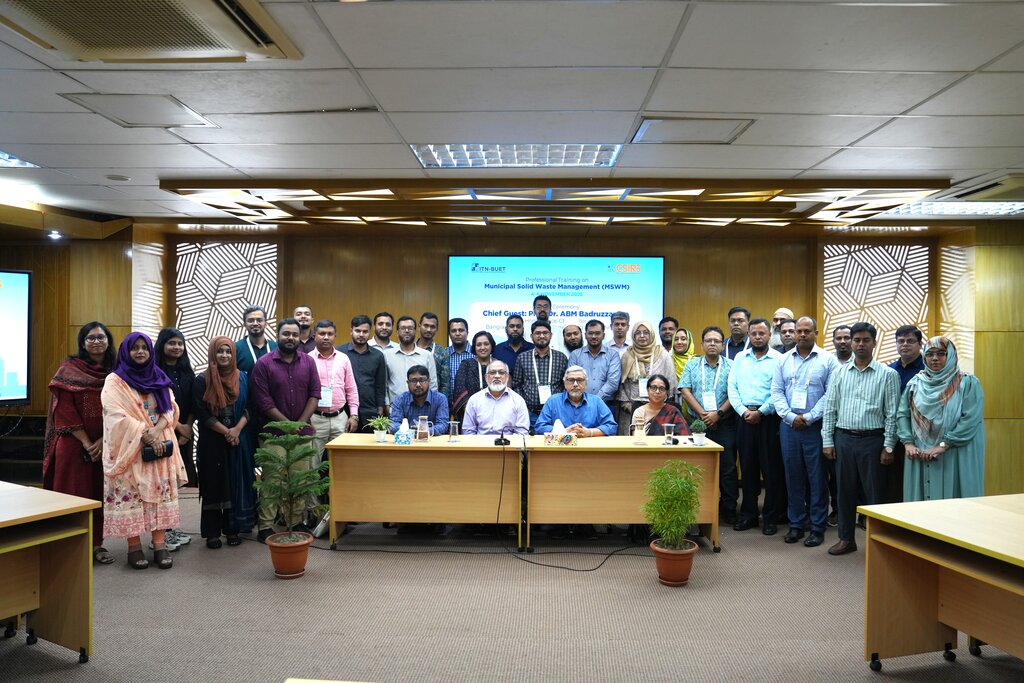In collaboration with National Water Supply and Sanitation Training Center (NWSSTC) of Nepal and with technical support from ITN-BUET, Nepal’s Environment and Public Health Organization (ENPHO) organized ‘Training of Trainers (ToT) on Citywide Inclusive Sanitation’ in Nagarkot of Nepal from 1 to 8 December 2023.
This initiative aimed to build trainers from Nepal’s municipal, governmental, and non-governmental representatives. 21 individuals, comprising experts, practitioners, advocates, and stakeholders dedicated to enhancing global sanitation standards, participated in the event.
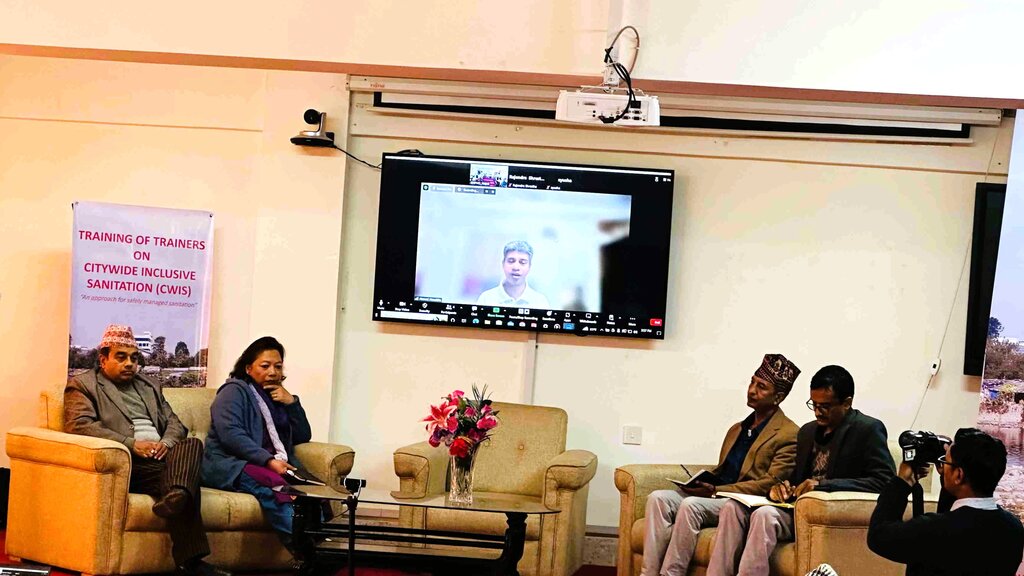
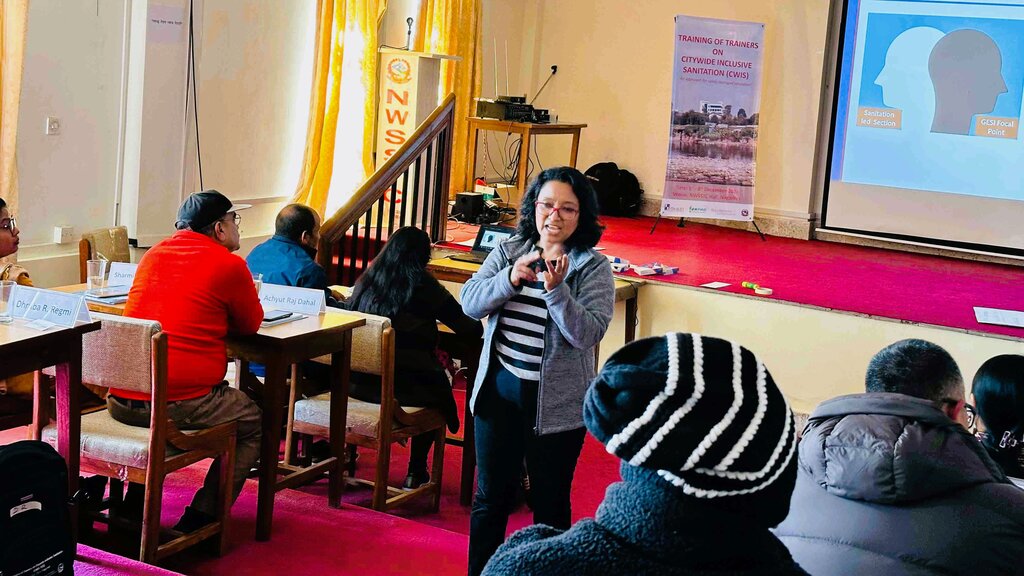

Mr. Kamal Raj Shrestha, the Director General of the Department of Water Supply and Sewerage Management (DWSSM), graced the opening session as the Chief Guest, while Deputy Director General Mr. Madhav Prasad Adhikari honored the closing session in the same capacity. Ms. Sudha Shrestha from the Secretariat of CWISAN, Mr. Rajiv Joshi, Chairperson of ENPHO, and Ms. Bhawana Sharma, Executive Director of ENPHO, graced the event as Guests. Additionally, Mr. Alauddin Ahmed, Project Manager of ITN-BUET, participated as a virtual Guest. Mr. Raju Mahat, Chief of NWSSTC, chaired the event. Mr. Subrata Paul, Training Specialist at ITN-BUET, attended as one of the key resource persons during the ToT.
The week-long training sessions comprehensively covered CWIS essentials, including discussions on Service Outcomes and the interconnected CWIS Functions within the framework. Participants gained practical insights through case studies and a field visit to the Fecal Sludge Treatment Plant in Lubhu, Lalitpur, for hands-on learning in safe fecal sludge management.
Mr. Kamal Raj Shrestha expressed confidence in the resources generated through the ‘Citywide Inclusive Sanitation Trainer Training.’ He acknowledged the concept of citywide inclusive sanitation, emphasizing its goal to provide equal and inclusive access to sanitation in urban areas. Mr. Shrestha believed that this approach would contribute to achieving Sustainable Development Goal 6, instilling confidence in broader sustainable development objectives.
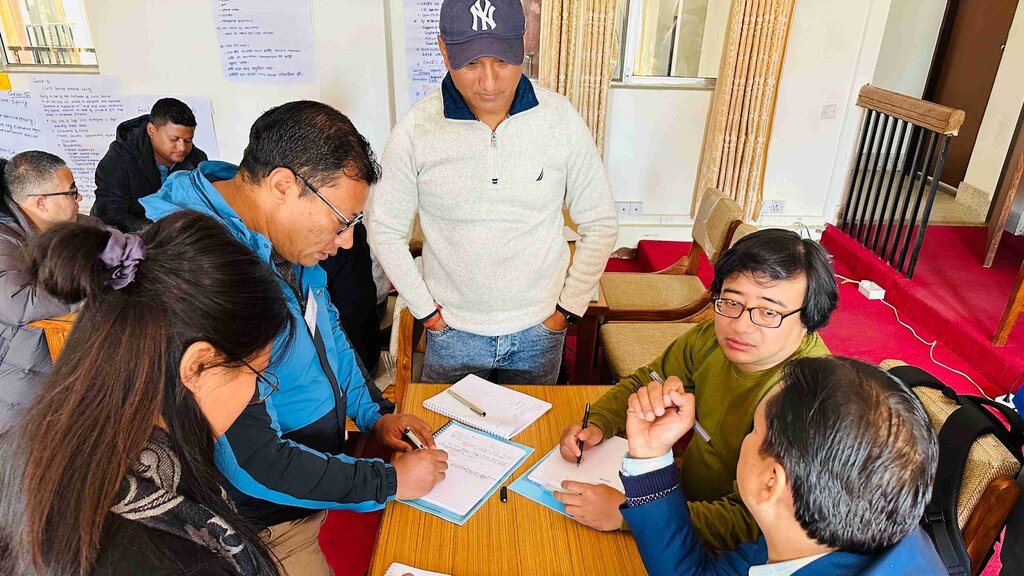

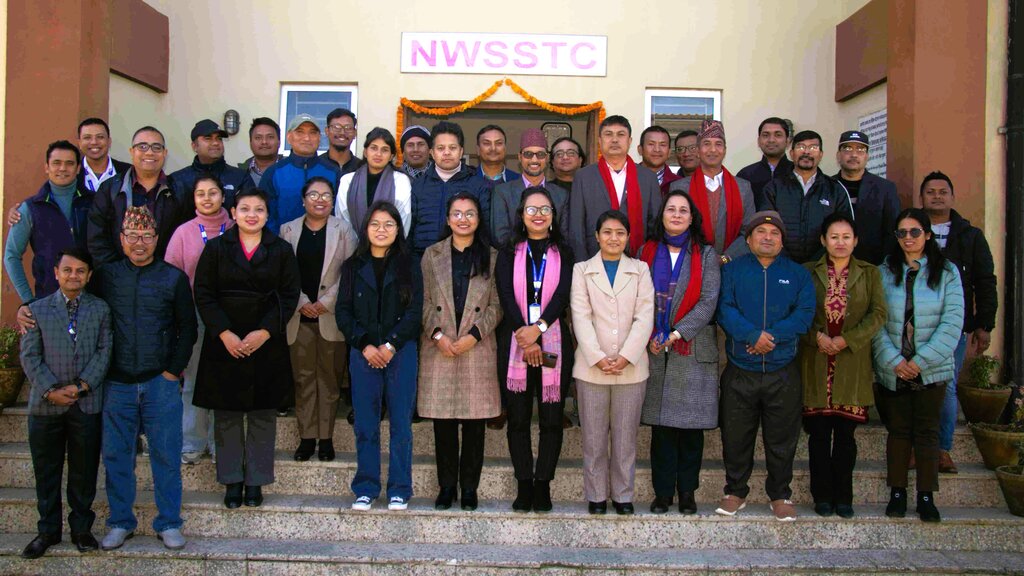
Mr. Alauddin Ahmed stated, “Citywide Inclusive sanitation is not just about access; it is about ensuring that no one is left behind in our journey towards a cleaner and healthier world. The true measure of progress is not just in building infrastructure but in changing mindsets and behaviors toward embracing better sanitation practices.”
A participant, Ms. Manina Baidhya, said, “With the SDG sanitation goal guiding our vision and DWSSM leading, the implementation of CWIS stands as a crucial step towards achieving our objectives.” Another participant,
Upon the completion of the ToT, the participants felt motivated and empowered. They will train other participants on the CWIS in the coming days to drive impactful change in their communities.


